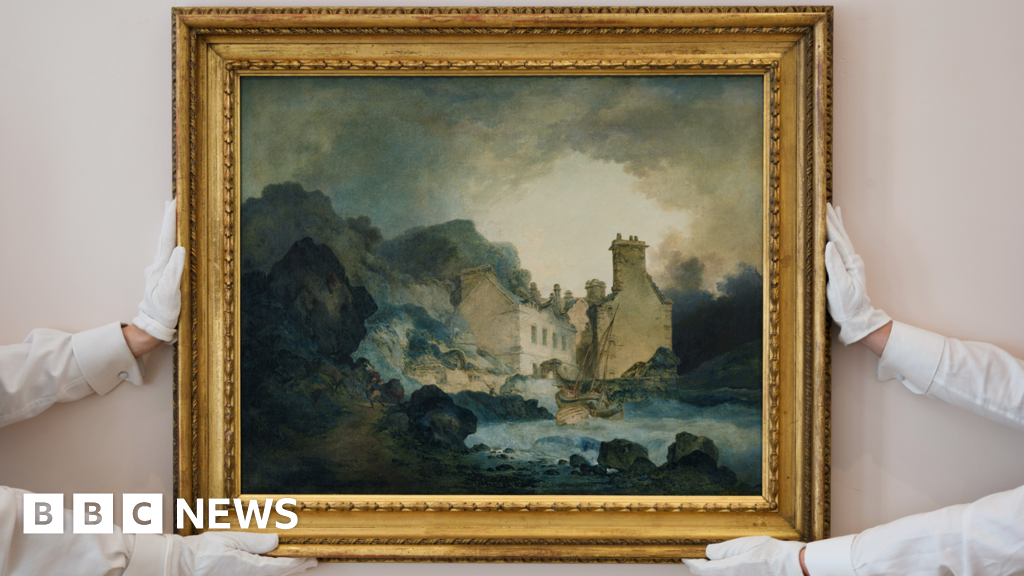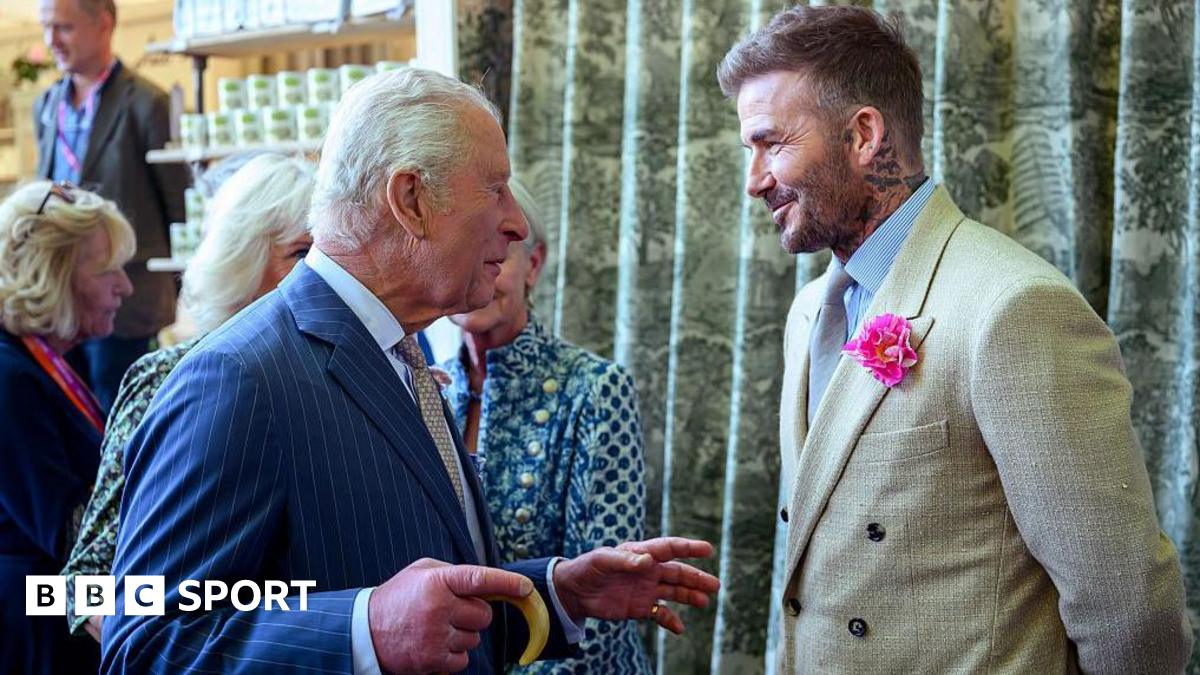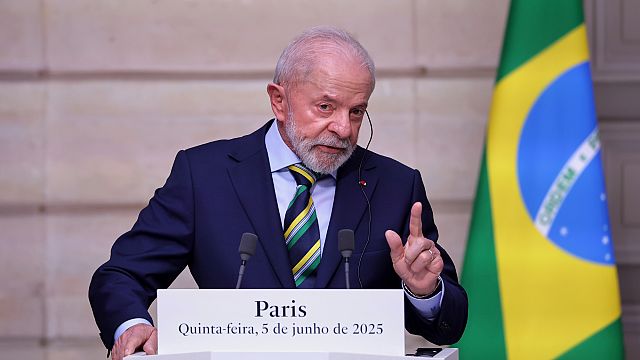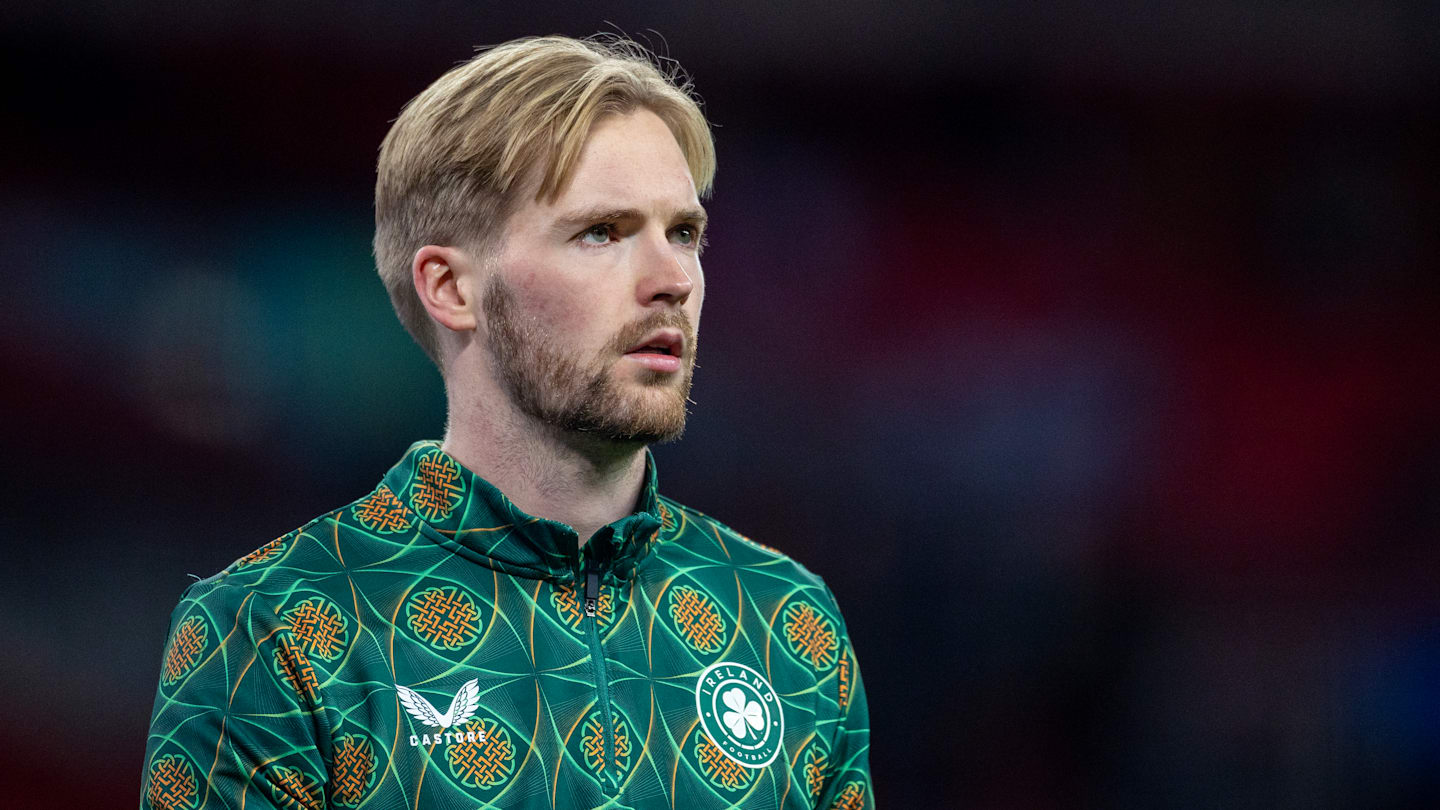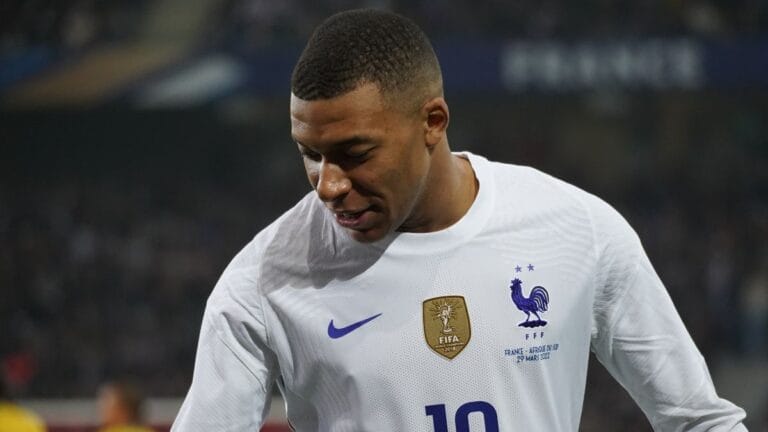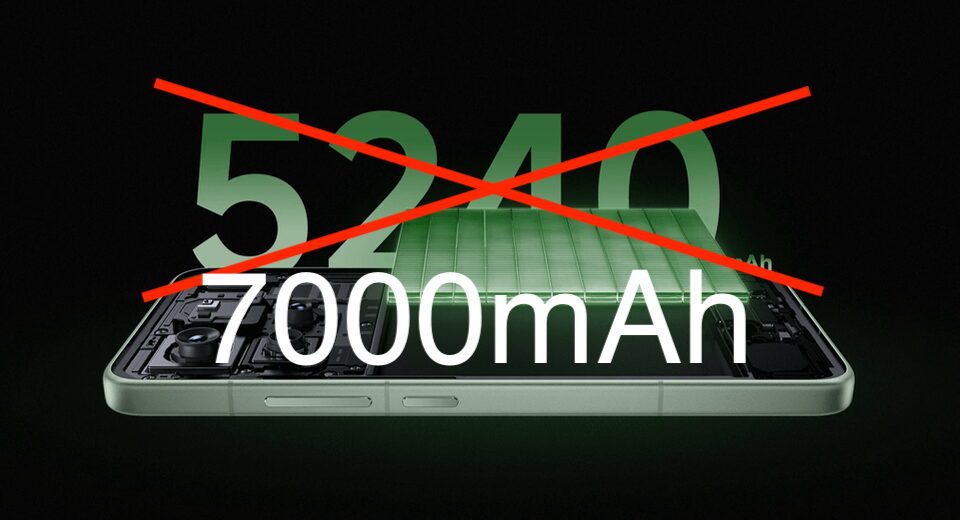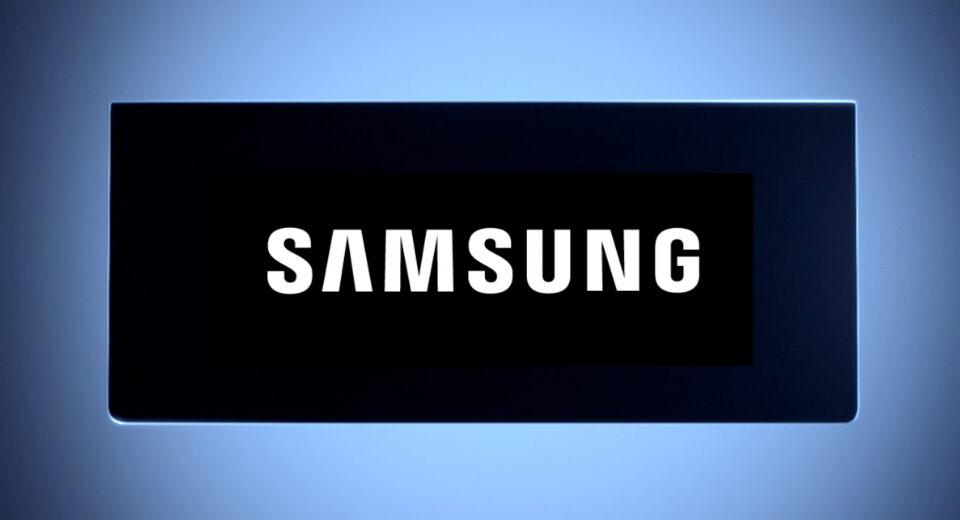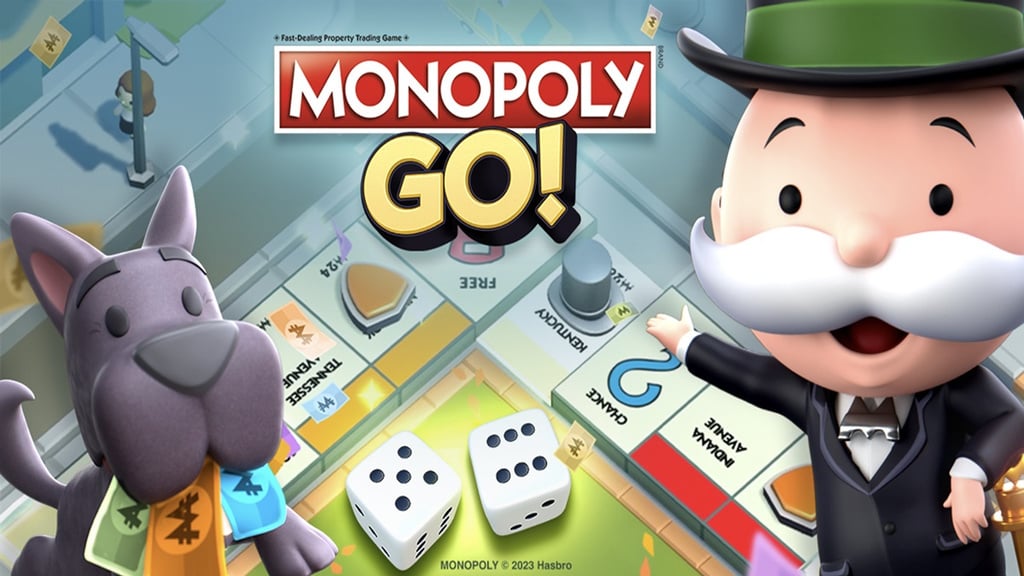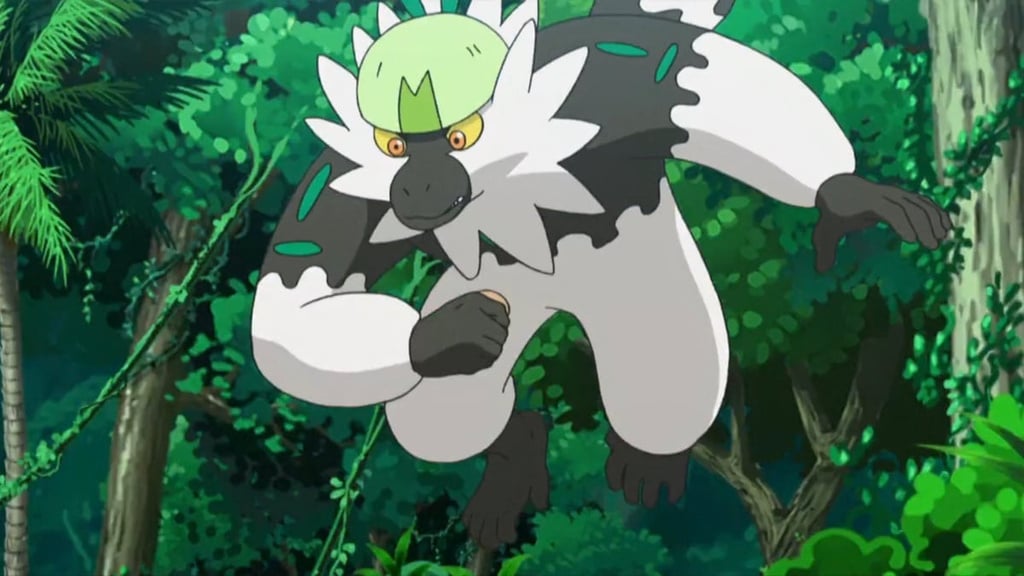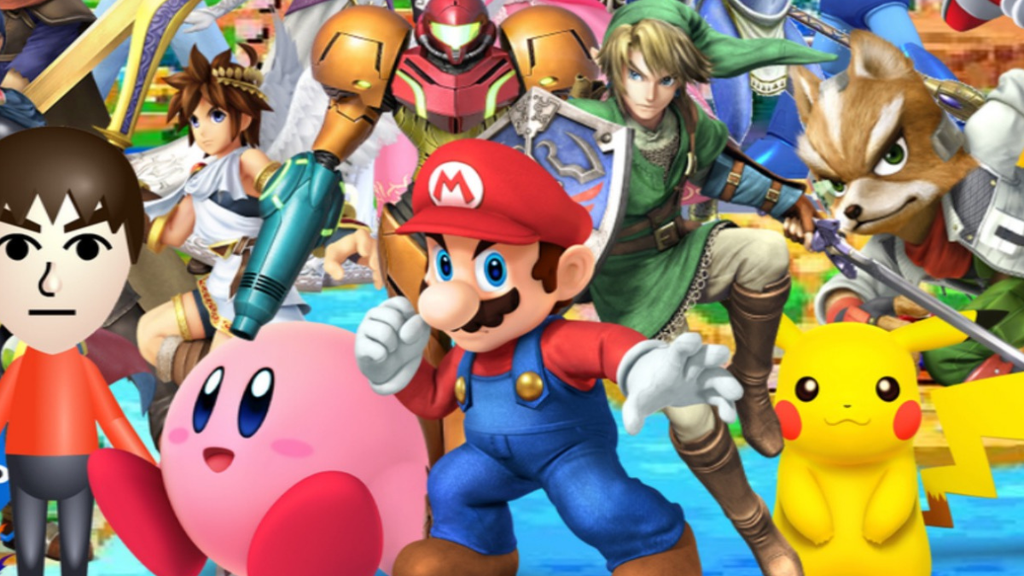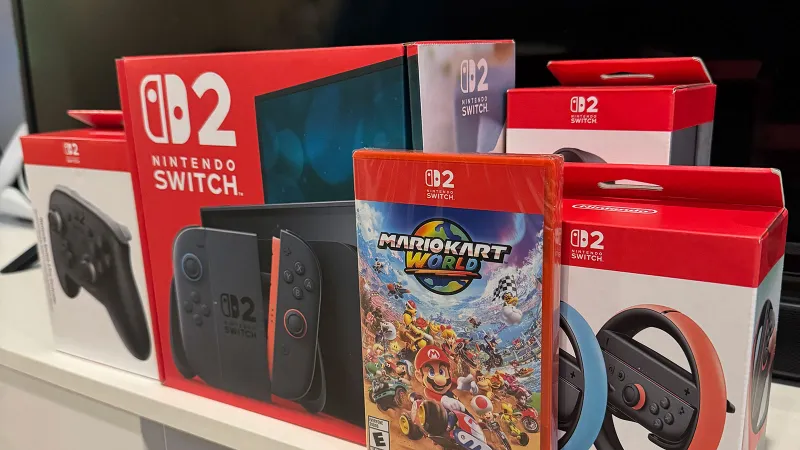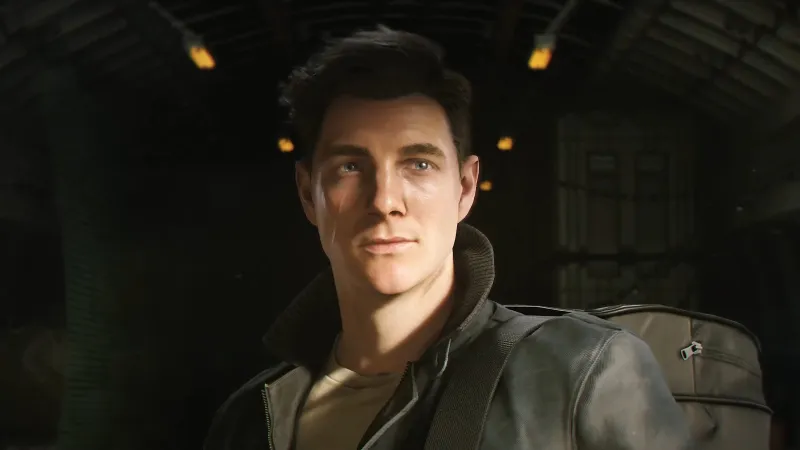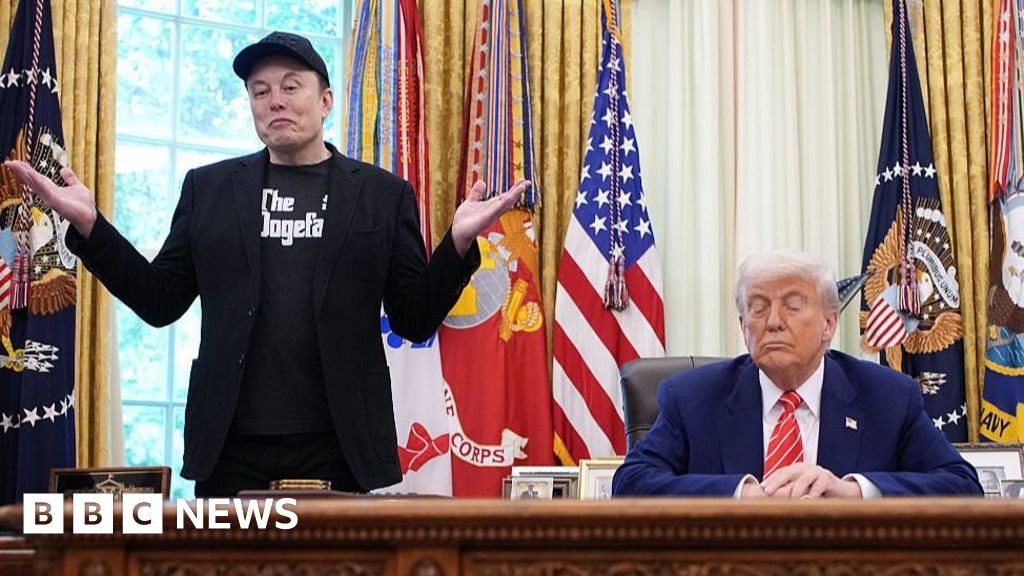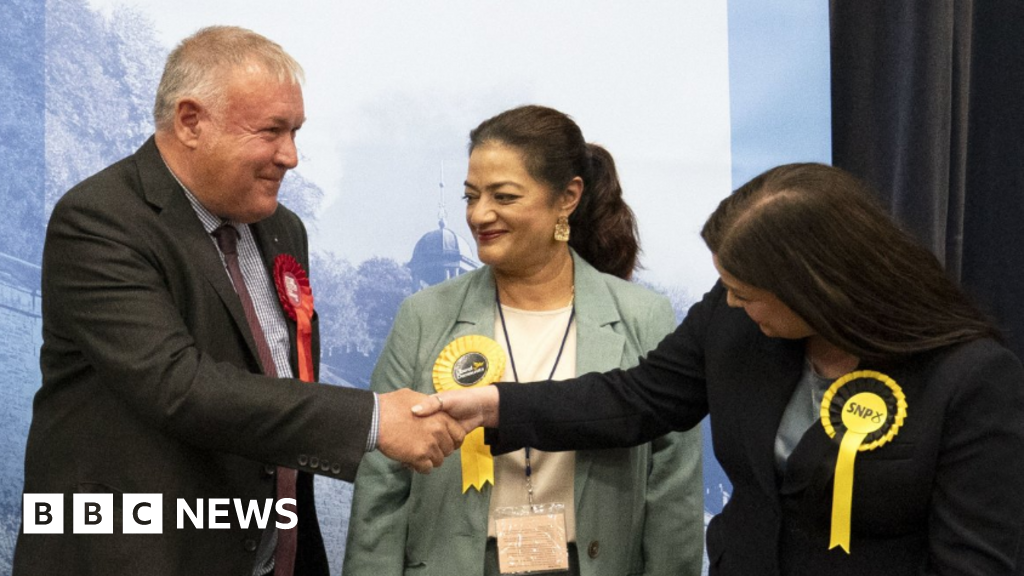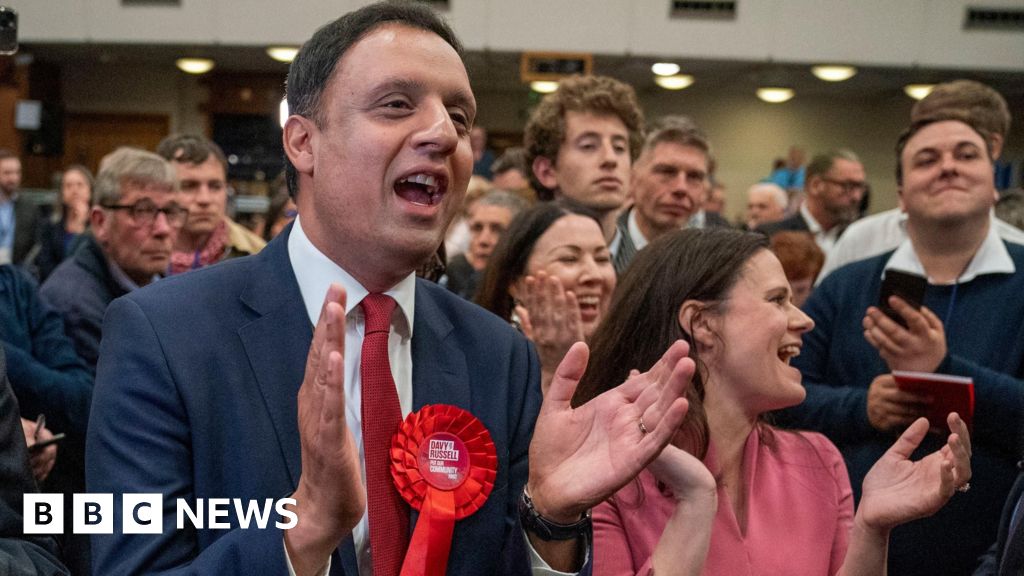Putin Intends to Respond to Ukraine Strikes on Russian Bombers, Trump Says

President Trump spoke with President Vladimir V. Putin of Russia amid escalating attacks between Russia and Ukraine, even as their officials have been engaged in direct talks. After Russia launched more than 1,000 drones per week at military and civilian targets in Ukraine in recent months, including more than 300 in a single night last week, Ukraine mounted an audacious drone attack on Russian strategic bomber bases on Sunday. Now President Vladimir V. Putin of Russia has told President Trump that Russia would retaliate for the strikes on its bombers, Mr. Trump said on Wednesday, after their first conversation since the attack on Sunday, apparently dimming already faint hopes for a cease-fire. “President Putin did say, and very strongly, that he will have to respond to the recent attack on the airfields,” Mr. Trump said in a statement on social media. Ukraine and Russia have been negotiating at Mr. Trump’s urging, and said Wednesday that they would continue to meet, but Mr. Trump made no mention of the Russian leader’s refusal to agree to the White House cease-fire proposal that Ukraine accepted weeks ago. Mr. Putin and President Volodymyr Zelensky of Ukraine lashed out at each other on Wednesday, each accusing the other of sabotaging peace prospects with escalating attacks. Mr. Trump described his call with the Russian leader, which lasted more than an hour, as a “good conversation, but not a conversation that will lead to immediate Peace.” Yuri Ushakov, a Kremlin foreign policy aide who briefed reporters on the call, did not say whether Mr. Putin had discussed retaliation. But he described Ukraine’s government and its actions, including apparent attacks on railroads over the weekend, as “terrorist,” disregarding that Russia initiated the war with its 2022 full-scale invasion and that in recent weeks it has stepped up its regular bombardment of Ukrainian cities and civilians. Even so, he said Mr. Putin had told Mr. Trump that talks with Ukraine were “useful” and they would continue. “This doesn’t mean we cannot hold negotiations which are needed to bring about some kind of settlement,” Mr. Ushakov said. Mr. Trump did not say in his statement if he had sought to discourage Mr. Putin from attacking Ukraine. The White House did not respond to questions inquiring if Mr. Trump had pushed back against Mr. Putin in the phone call. Both the U.S. and Russian sides expressed optimism over the prospect of working together on another foreign policy priority: deterring Iran’s nuclear capabilities. Advisers say Mr. Trump is exasperated with the leaders of both Ukraine and Russia, but he has long reserved a special animosity for Mr. Zelensky. Mr. Trump has talked of cutting off the flow of weapons to Ukraine and has told aides repeatedly that Mr. Zelensky is a “bad guy” who is edging the world to the precipice of nuclear war. But at other times he has told them that he understood Ukraine fighting back against an enemy that seems determined to keep bombing its cities. Mr. Trump tends to be more deferential to Mr. Putin, the aggressor in the conflict, although he has at times expressed disappointment. Before taking office, he promised to bring a quick end to the war, citing what he described as his “very, very good relationship” with the Russian leader. He has considered adding more sanctions against Russia, but has so far held off from doing so. He has not said whether he will support a bipartisan Senate bill, led by his Republican ally Senator Lindsey Graham of South Carolina, that would impose harsh economic penalties against Russia. But on Wednesday he shared on social media an article by the hawkish Washington Post columnist, Marc Thiessen, who argues that the sanctions bill would give Mr. Trump leverage over Mr. Putin. After calling Mr. Putin “absolutely crazy” last month, Mr. Trump shifted his tone and said he wanted to give the Russian leader two weeks to show signs of progress. And on Wednesday he wanted Mr. Putin’s help with Iran. “Putin is emboldened by the belief that the West — particularly Trump — fears direct military confrontation more than anything,” Ian Bremmer, the president of Eurasia Group, a geopolitical consulting group, wrote on Wednesday. He predicted Mr. Putin’s response would be “heavier indiscriminate bombing of Ukrainian cities and infrastructure.” The attack on Russian air bases, some of them thousands of miles from Ukraine, used more than 100 drones launched from within Russia — a strategic and symbolic blow to Moscow and an embarrassing demonstration of Russian vulnerability. It damaged or destroyed several long-range bombers, an integral part of Russia’s ability to deliver nuclear weapons, which the Kremlin cherishes as one of the main pillars of its great power status. Speaking at a meeting with high-ranking government officials in Russia, Mr. Putin did not mention that attack, focusing instead on the destruction, hours earlier, of two railroad bridges in regions bordering Ukraine, which caused a passenger train and a freight train to derail, killing seven people. Ukraine, which has claimed responsibility for the air base strikes, has not commented on the railway incidents. After hearing a report from Russia’s top investigator, who said that the railway attacks had been committed by Ukrainian special services, Mr. Putin accused Kyiv’s leadership of ordering them to disrupt the second round of the Russian-Ukrainian talks that took place on Monday in Istanbul. “They are asking for a summit meeting,” Mr. Putin said, referring to Ukraine’s request for an in-person meeting between him and Mr. Zelensky. “But how can such meetings be held in these conditions?” Mr. Putin asked. “How can we negotiate with those who rely on terror?” Mr. Ushakov said later that “Russia did not give in to the provocations” on Sunday, but went through with planned talks with Ukraine on Monday in Istanbul. The recent Ukrainian attack notwithstanding, on the whole it is Russia that is on the offensive more than three years after it invaded, advancing on the battlefield and routinely bombarding Ukrainian cities — and civilians — with drones and missiles. Mr. Zelensky, speaking at a news conference in Kyiv, accused Mr. Putin of stalling peace talks in order to delay a new package of American sanctions. He also said that the recent talks in Istanbul were never going to achieve a breakthrough because the Kremlin sent a delegation that had no authority to make decisions. Mr. Zelensky repeated his call for a summit that could include himself, Mr. Putin and President Trump, and said that in order to give such a meeting a better chance of success, there should be an immediate cease-fire. But he again cast doubt on Mr. Putin’s desire for peace. “Why a cease-fire before the leaders’ meeting?” he said. “Because we will meet, and if there is no understanding, no desire for de-escalation and no views on how to end it, then the cease-fire will end on the same day.” But, he said, “If we see that we can continue the dialogue and are ready for appropriate de-escalation steps, then we will continue the cease-fire.” Pressed by Mr. Trump, Ukraine and Russia have been engaged in direct dialogue for the first time since 2022, in meetings that have produced some small but tangible results: a prisoner exchange with another one possibly happening this weekend, and the return of the bodies of fallen soldiers. Mr. Putin on Wednesday dismissed the idea of a temporary and full cease-fire. “Not long ago, the Ukrainian authorities and their allies were dreaming of a strategic defeat for Russia on the battlefield,” said Mr. Putin. “Today, amid massive losses and retreating along the entire line of contact, the Kyiv leadership has shifted to organizing terrorist attacks in an attempt to intimidate Russia, while simultaneously requesting a 30-day cease-fire.” On the front lines of eastern and northeastern Ukraine, Russian forces have rapidly increased the pace of their advancements, capturing more territory than they had since last fall. The escalating attacks point to the difficulty of negotiating a truce. On Monday, Russia gave Ukraine its conditions for both a potential cease-fire and a long-term peace deal. The terms listed the maximalist demands the Kremlin has made throughout the war, which have been flatly rejected by Kyiv as nothing short of capitulation. Mr. Zelensky told reporters that Russia’s proposals presented in Istanbul amounted to an “ultimatum” that the Kremlin knew Ukraine would never accept. On Iran, Mr. Trump said on social media, “I stated to President Putin that Iran cannot have a nuclear weapon and, on this, I believe that we were in agreement.” “President Putin suggested that he will participate in the discussions with Iran and that he could, perhaps, be helpful in getting this brought to a rapid conclusion.” Russia joined in negotiating the 2015 Iran nuclear agreement that Mr. Trump later withdrew from, but the situation now is markedly different, with Iran having become a key supplier of the arms Russia uses against Ukraine. The Trump administration sent Iran a proposal for a deal over the weekend, but on Wednesday, Iran’s Supreme Leader, Ayatollah Ali Khamenei, dismissed the plan as “nonsense.” Zolan Kanno-Youngs and Jonathan Swan reported from Washington, Ivan Nechepurenko from Tbilisi, Georgia, and Marc Santora from Kyiv, Ukraine. Nataliya Vasilyeva contributed reporting from Istanbul.
What's Your Reaction?
 Like
0
Like
0
 Dislike
0
Dislike
0
 Love
0
Love
0
 Funny
0
Funny
0
 Angry
0
Angry
0
 Sad
0
Sad
0
 Wow
0
Wow
0

